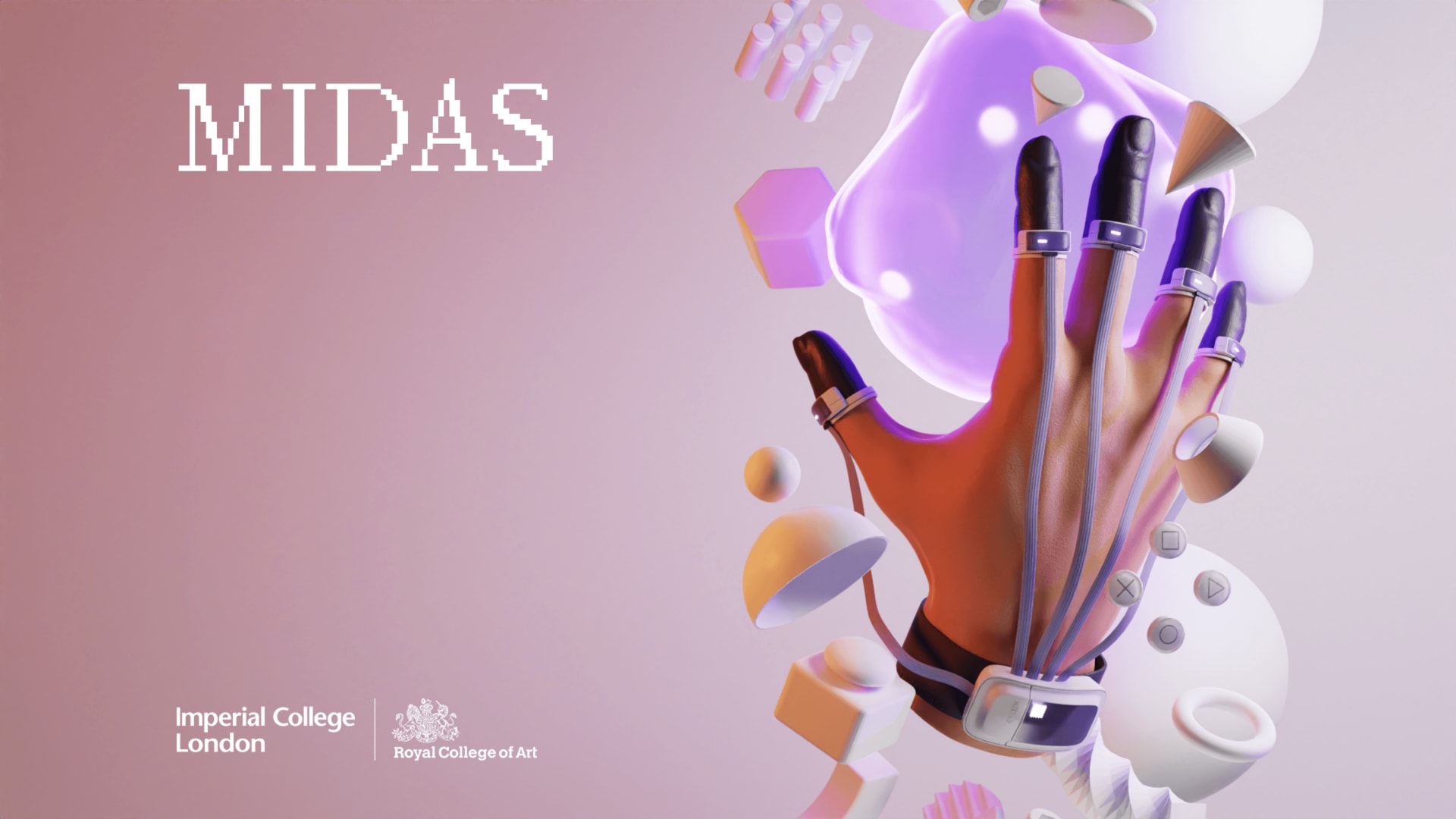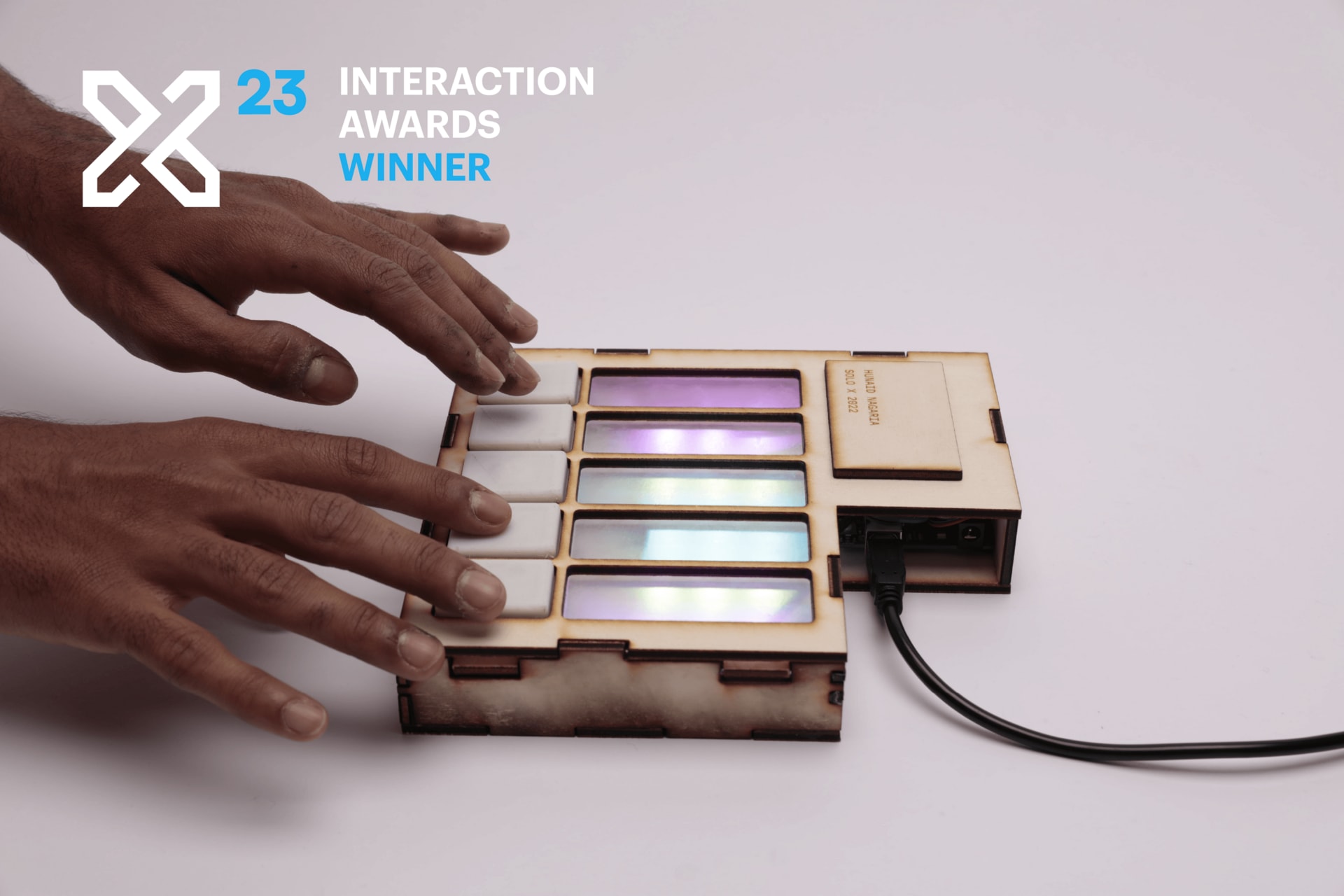Hunaid Nagaria is a mechanical engineer, designer, and illustrator from Mumbai, India, now based in London. His practice is primarily informed by conversations and his curiosities, which lie at the intersection of Human-Computer Interaction, industrial, and visual design. Much of his work focuses on how technology mediates the relationship between people and their motivations. The challenges that excite Hunaid the most are where his contributions aren't limited to a singular discipline.
Awards and Recognition
Industrial Design Studentship awarded by The Royal Commission for the Exhibition of 1851.
Winner in the Connecting Category for Interaction Awards 2023 for Jammies.
Winner in the Environment Category for London Mayor's Entrepreneurship Challenge 2023 for Guerrilla.
Exhibited work at Tate Britain in the shortlist for the 'Finding Home' Open Call 2021.
Secured an 'All India Rank 1' in the Graduate Entrance Exam for the National Institute of Design India (Graphic Design) 2020.
Experience
Cofounder :: Guerrilla.Co (2023)
Visiting Tutor :: Somaiya School of Design, Mumbai (2023)
Design Engineering Intern :: TG0 (2022)
Design Research Intern :: Interaction Foundry, Imperial College London (2021)
UI/UX Designer and Illustrator :: BRND Studio (2020-2021)
Education
MA+MSc Innovation Design Engineering:: Royal College of Art and Imperial College London (2021-2023)
Bachelor of Technology, Mechanical Engineering :: University of Mumbai (2016-2020)







